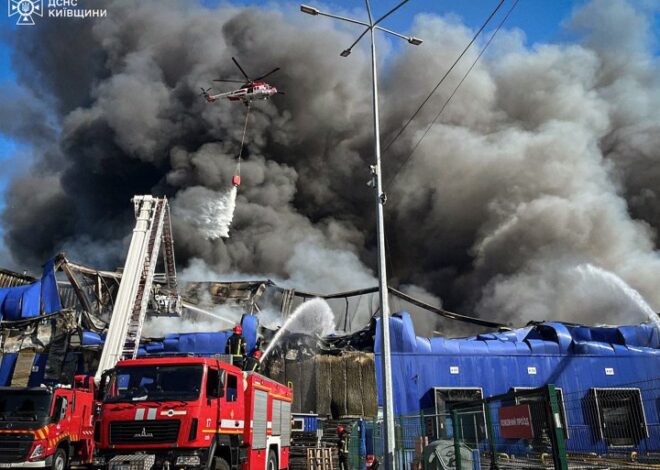Taliban shut down WiFi, a lifeline for women and girls, in Afghan province

Taliban Shuts Down WiFi Services in Northern Afghanistan, Impacting Women and Girls
Introduction
In a significant move that has raised concerns about access to essential communication tools, the Taliban has halted fiber-optic internet services in a northern province of Afghanistan. This decision, announced by an official on Tuesday, has left tens of thousands of residents without internet access, severely impacting their ability to communicate, participate in online education, and stay informed about current events. The implications of this action are particularly dire for women and girls, who have increasingly relied on digital connectivity for educational and social opportunities.
The Impact of the Shutdown
The cessation of internet services affects a wide range of activities that have become integral to daily life, especially in the wake of the Taliban’s takeover in August 2021. With many schools and universities transitioning to online learning due to ongoing security concerns and restrictions, the loss of internet connectivity poses a significant barrier to education for students, particularly young women.
Women and girls in Afghanistan have faced numerous challenges since the Taliban regained control, including restrictions on their freedom of movement and access to education. The internet has served as a crucial lifeline, enabling them to access educational resources, connect with peers, and participate in online classes. The shutdown of WiFi services not only disrupts these educational opportunities but also limits their ability to engage in social networks that can provide support and information.
A Broader Context of Restrictions
The Taliban’s decision to cut off internet access is part of a broader pattern of restrictions imposed since their return to power. The regime has implemented a series of measures that have curtailed freedoms and rights, particularly for women. This includes bans on certain forms of employment and education for women, as well as limitations on their movement in public spaces.
The internet has been one of the few platforms through which women in Afghanistan could assert their presence and voice their concerns. Activists and advocates have utilized social media and other online platforms to raise awareness about women’s rights issues and to organize efforts for change. The shutdown of WiFi services not only stifles these voices but also isolates women and girls from the global community, further entrenching their marginalization.
The Response from the Community
The community response to the shutdown has been one of frustration and concern. Many residents have expressed their dismay at the loss of connectivity, which they view as essential for their daily lives. Parents worry about their children’s education, while students lament the loss of access to online learning resources.
In rural areas, where educational facilities may be limited, the internet has provided a vital link to educational content and opportunities. The abrupt cutoff has left many feeling abandoned and powerless, as they navigate an increasingly challenging environment under Taliban rule.
The International Perspective
The international community has been closely monitoring the situation in Afghanistan since the Taliban’s return to power. Human rights organizations and foreign governments have raised alarms about the deteriorating conditions for women and girls in the country, particularly in terms of access to education and personal freedoms. The shutdown of internet services is likely to draw further scrutiny and condemnation from these entities, as it represents a significant step backward for human rights in Afghanistan.
The Taliban’s actions may also have implications for humanitarian aid and assistance programs, which often rely on communication technologies to coordinate efforts and deliver services. The loss of internet access could hinder the ability of aid organizations to operate effectively in the region, exacerbating the already dire humanitarian situation in Afghanistan.
Conclusion
The Taliban’s decision to shut down fiber-optic internet services in a northern province of Afghanistan has far-reaching consequences, particularly for women and girls. As the digital landscape becomes increasingly vital for education, communication, and empowerment, this action threatens to further isolate and marginalize a population that has already faced significant challenges. The international community’s response will be crucial in addressing these issues and advocating for the rights of Afghan women and girls in the face of ongoing repression.
Key Facts
– The Taliban has halted fiber-optic internet services in a northern province of Afghanistan.
– This decision affects tens of thousands of residents, limiting their ability to communicate and access online education.
– Women and girls are particularly impacted, as they have increasingly relied on the internet for educational and social opportunities.
– The shutdown is part of a broader pattern of restrictions imposed by the Taliban since their takeover in August 2021.
– The international community is closely monitoring the situation, with concerns about human rights and humanitarian aid implications.
Source: www.washingtonpost.com



